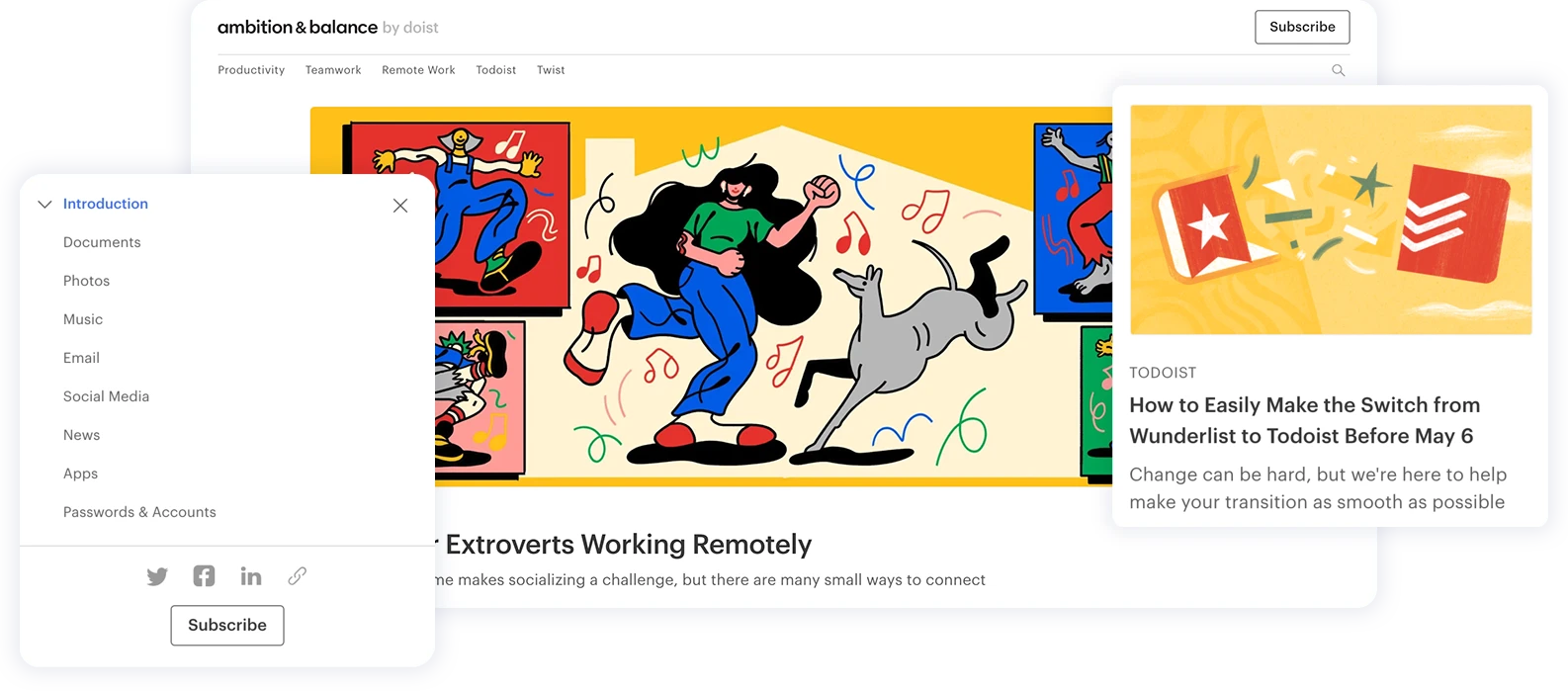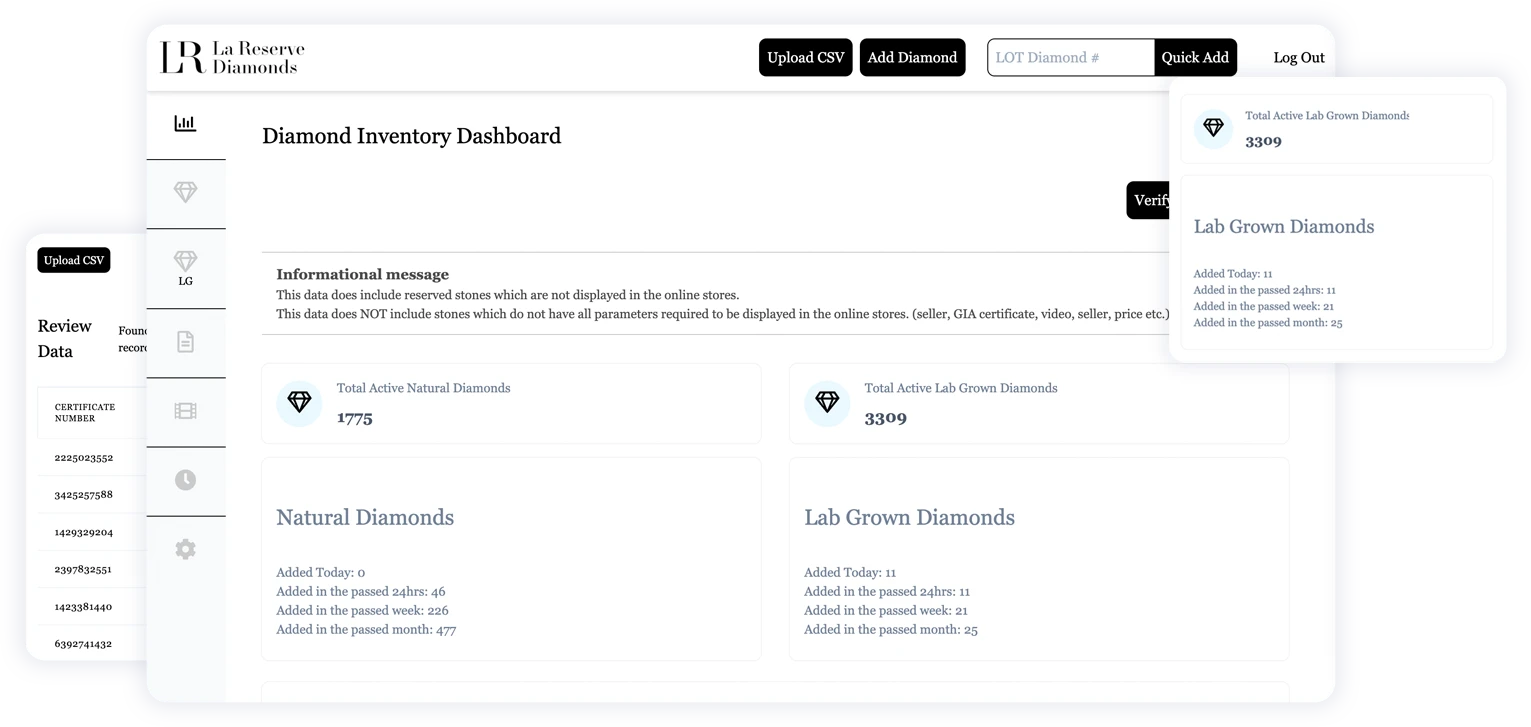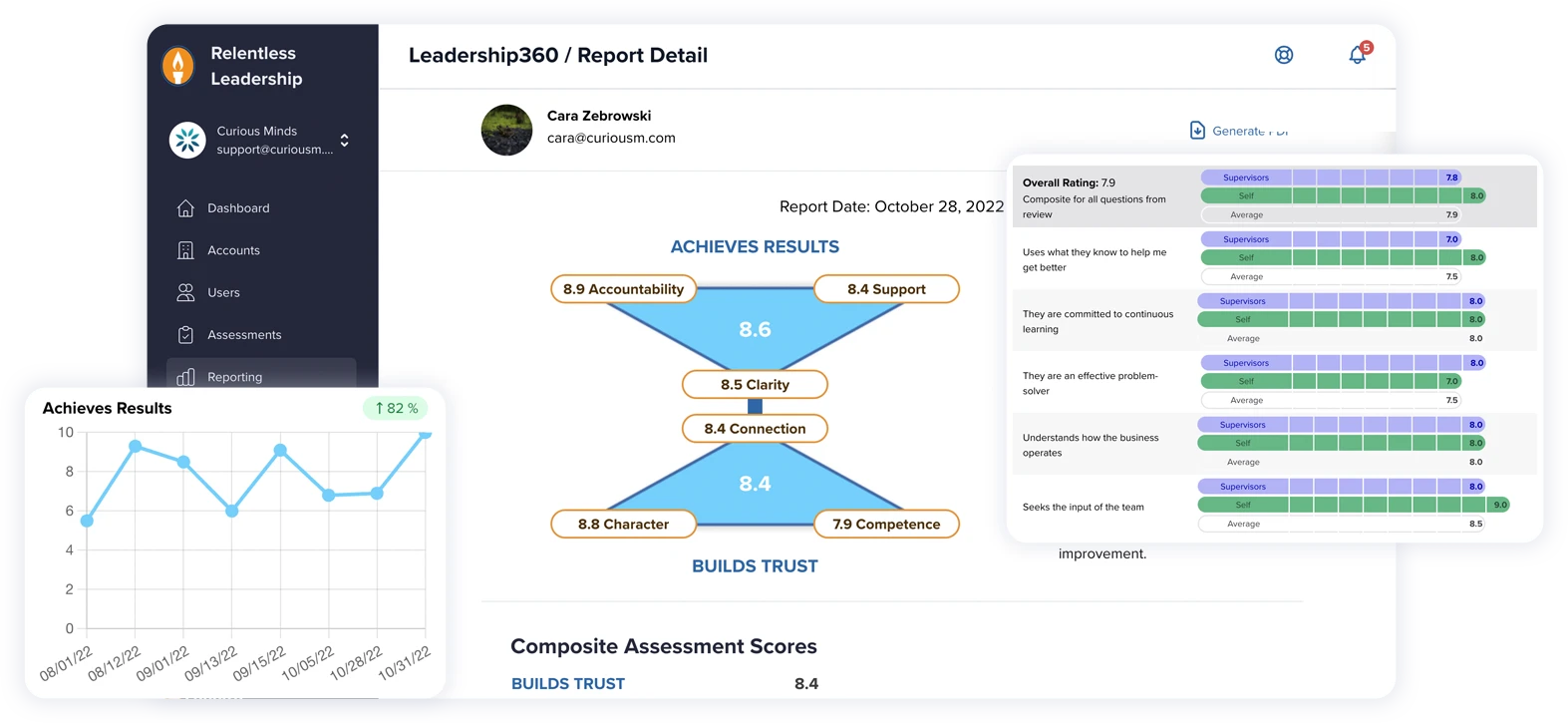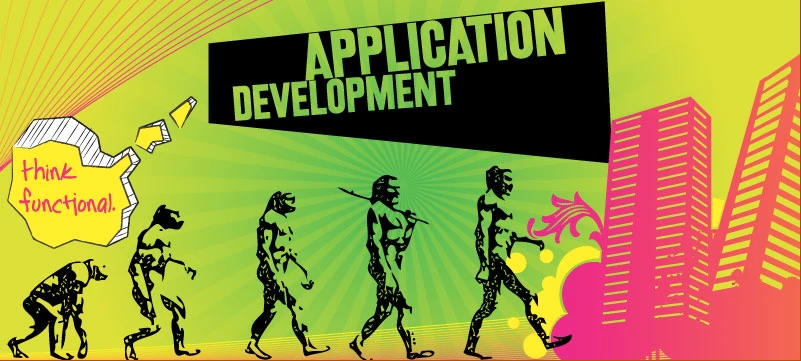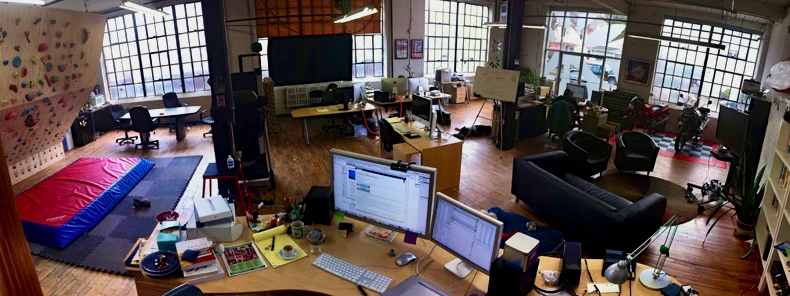AKA a Guide to Reaching a Calmer, Organized, and More Productive Day
A busy day at the work/home office is the norm for a hard working developer. However, busy doesn’t always equal productivity in the current day. Along with the actual skilled work you are hired to do come a plethora of mundane time consuming tasks which, if left unchecked, can destroy your work schedule and interfere with your production success goals.
How do we balance client communication, staff meetings, switching between projects, managing shifting priorities, and following up on work statuses? Every pro faces this question at some point. These are some of the guidelines I try to adhere to in order to finish my work and feel accomplished.
Task Management Applications
Task management apps help bring organizations into my work schedule. There are a number of these applications out there, and they’re only a search away. I can monitor my progress with a quick glance at my kanban board, or my priority sorted list, then determine what needs to happen first, and how my work week is shaping up. This in turn helps me manage client expectations, as well as afford me a quick way to communicate with my clients when questions arrive.
Personally, I love using Zendesk. It provides a clean, streamlined way for my clients to reach me by creating a ticket for me in our company support page. The client can manage the ticket priority and review all standing tickets. This helps them visualize and understand my work process, which eliminates unnecessary questions, like “Is it done yet? Is task A going to be done before task B?” In turn, I don’t have to constantly write work status reports, saving time that can be used for actual work! All I have to do is provide a “Work Effort,” “Status,” and an “ETA” for a task. The client can see that, and thus, their expectations are properly managed from the start.
Time Logging Applications
Part of the work process is the responsibility to log work hours on projects and tasks, keep within budget lines, writing estimates, and sending them to clients. This is a very important part of the work week and it’s how one gets paid! Never neglect or postpone logging your work time and creating estimates for new clients! Neglecting these issues means that not only do you lose money, but you can also lose prospective work.
Find a good app that fits your needs and all of the thinking for you. If you need an easy way to log your time, find an app with an integration for your time-schedule application. Logging time is literally just a button click away with a logging time app. The application auto-populates all the details for you. All you have to do is write the number of hours you need to log. I always keep my time logging open, to make my day go as smooth as possible. It takes just a couple of seconds to input my time. I do this about 3-4 times a day, with a total time loss of only 10 minutes! Every time I have to switch to another project or task I just log time spent on the previous one up to that point in the day, and then move forward.
Communication
Meetings! We all have them, whether it’s for a client, or with our coworkers. So, what happens when someone wants to talk to you today, and you already have scheduled team meetings? When do you find time to do your actual work? You have to make time!
-
Work Day Ratio
A good rule to follow when you have a lot of actual work is to ration out your day with a 80:10:10 ratio where possible. 80% of your time is for actual work, 10% is for client/staff communication, and 10% is for urgent communication requiring immediate attention. If the last 10% isn’t used, then use it where you need extra time for the day’s remaining responsibilities. I generally check my tasks and communications endpoints three times a day. First thing in the morning, after checking my ToDo list from the previous day, a quick glance before noon for any urgent request that may have come in requiring immediate attention (all others can wait), and one last time about 30 minutes before the end of my work day. I don’t like to spend more than 45 total minutes of my day writing emails, when possible.
-
Time Separation
No matter your time separation, make sure to adhere to it. Adhering to your own work rules stabilizes you and, may I say, provides some sanity in an otherwise busy day. Stability and sanity are the foundation of a good working brain. If your day is running out of control, and you find yourself swinging from one task to the next with no regulation you’ll become emotionally exhausted, incapable of achieving any of the day’s tasks, which in turn will leave you unfulfilled. To prevent this, stick to your schedules.
-
Staff Communication
Staff and team meetings are inevitable, but very useful. Since this is already a time you dedicate to your team, make the most of it. Use it to strategize with everyone. Be clear and concise when it is your time to speak. Listen carefully to what others have to say. Mindful participation will make things go smoother, and faster. Rely on your team leaders to organize these meetings in a manner that is convenient for the team. A good team leader might even schedule separate meetings for different teams based on project needs. Now, your attention is devoted to your work, instead of a meeting that could have been summed up in an email.
Keep Calm and Work Well
Maintaining a well balanced work schedule, adhering to it, and having the right organizational tools is half of the formula to conquering your work day. The other half comes from you. I find that a well rested mind is more capable of concentration. Find ways to relax in your free time, and clear your mind of any stressors. Spending time to rest and rejuvenate is vital to your productivity, be it meditation, playing a sport, or practicing a hobby. I have a family and a small child, so as I write these last lines, I write them fully aware of how hectic and unpredictable your personal life can be. However, you owe it to yourself to find the little moments that make you happy and allow your mind to rest. Don’t skip on the personal moments. Those moments, or lack thereof, will shape your personal and professional interactions with the rest of the world.
